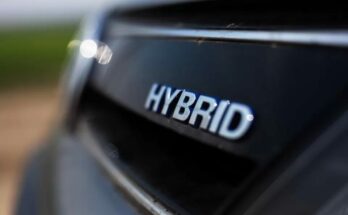“Bookings Open”! The starting gun of a race that gets anyone who is looking to buy a vehicle in Pakistan to scramble after it; be it from a new brand on the market or one of the already established ones. On the other hand, it is a rally cry for all the (large-scale) scalpers (read: investors) to try and book as much of the inventory as they can in order to lock the supply and force end-user customers to come to them for their purchases and then charge them an excessive amount of own or premium.
Two little words that are responsible for a lot of extremely questionable business practices by people, exposing a lot of negligence, bad governance and lack of strong policy by the government and needless suffering and punishment for people.
Monkey See, Monkey Do…
We will be looking at a few examples. However, that does not mean that we are targeting any one company and pointing to them and discussing the wrong doings of just a few. Every single local auto company is involved in these shenanigans in one way or another. The cartel of the local old three assemblers started these little practices. Now that they have been thoroughly tried and tested, all others have adopted them.
You’ve Been Booked…
In other nations which have working customer rights that actually protect the rights of customers, these same companies never show their sales by the number of vehicles that were booked. Everywhere else, where there are proper rules, these companies show their sales by the number of vehicles that were delivered to actual customers who bought them.

In Pakistan, however, these companies show their sales prowess just by the booking numbers. This is how bad the situation is for the customers. The Booking process has been made so difficult and financially damaging for any customers to get out of that they become completely bound to buy the car no matter what. It’s as good as a (forced) sale.
Let the Games Begin…
The bookings are now open. The stage is set. All the players have gathered and the game is now afoot. Everyone is scrambling to secure a car. In the case of the scalpers, it becomes their mission to book as much of the inventory as possible. (How such large-scale bookings by single (scalper) individuals or (scalper) groups continue to happen without the knowledge of the auto company’s dealerships, or so they claim, remains a mystery to me.
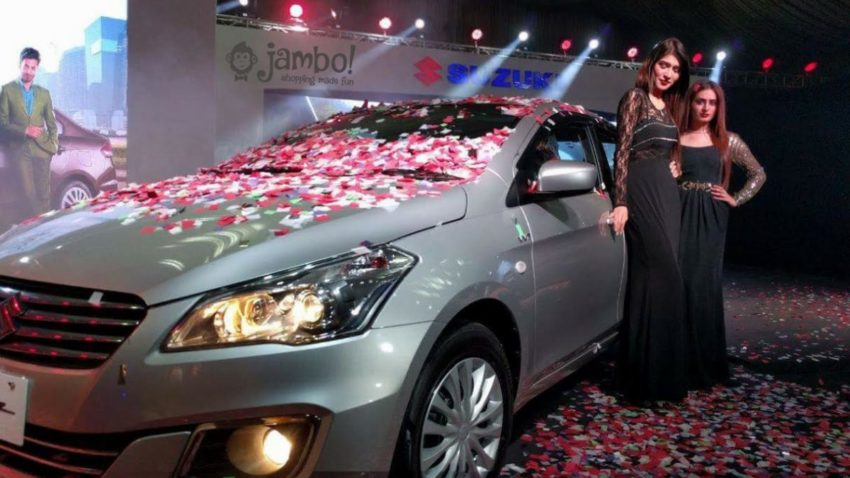
Let’s start with a few examples of sudden price increases. In some old cases, like the Suzuki Ciaz, the price was increased within months. The second time that I remember was with the launch of the Toyota Yaris. The prices were increased before any vehicles were delivered. And then there was the launch of the Hyundai Tucson. The prices went up within 24 hours of the launch ceremony. Astonishing!
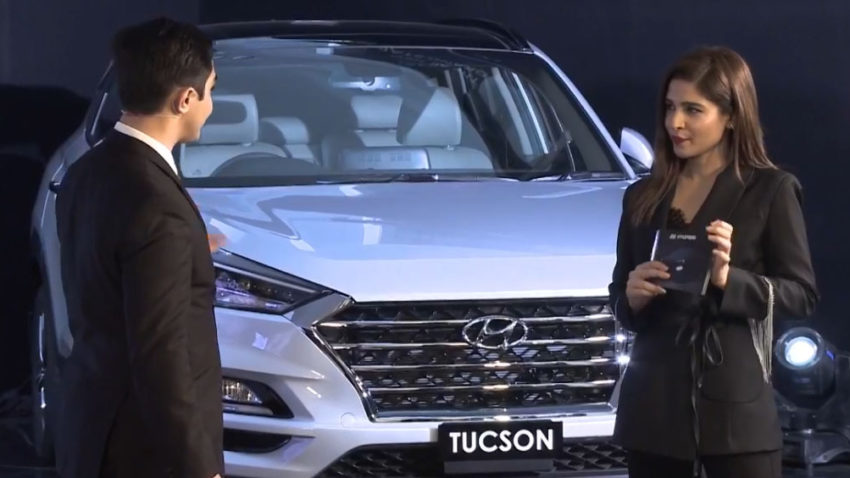
However, things get much worse for those who book their cars. People can pay either a partial payment or can choose to pay full payment. The standard delivery times that are shared are usually in months. However, the reason that some choose to pay the full amount is because of a, now seemingly, useless law. The law states that any company accepting full payment must deliver the vehicle within two months or pay fines. People have been waiting for months, even over a year, and still have not received their promised vehicles; even after paying the full asking price of a particular vehicle.
The Big Grift…
The partial payment customers are all bound. They know that going into the deal. They have to wait however many months the company states. But the full payment customers are not delivered the service they paid for; delivery within a specific period of time. The common way that all companies currently justify these delays are chalked-up to “Force Majeure”. Anyone who has worked with contracts or invoicing etc. will be able to easily understand this term/law/clause. Simply put, force majeure is “unforeseeable circumstances that prevent someone from fulfilling a contract.” Basically, if “circumstances out of the control” of the delivering company intervene in any delivery or transaction, that company will not be held responsible. A very easy clause to use and take “legal” advantage of. The customers can kick and scream and complain all they want; “What can we do? Chip shortages, delays, freight woes… Covid”, comes the already calculated and prepared answer.
Related: Cars Sales: Booked vs Delivered
Now, if the customer wants to wait, they can wait; Provided they pay any and all price hikes or tax hikes during their wait even if they have already paid the full amount. The customers can even cancel their orders if they so wish. The companies are not cruel. The only thing is, because the customer is now canceling their order, they have to forfeit 10% of their down payment. The companies are not cruel, however in this humble writer’s opinion, their actions do seem very much like a swindle.
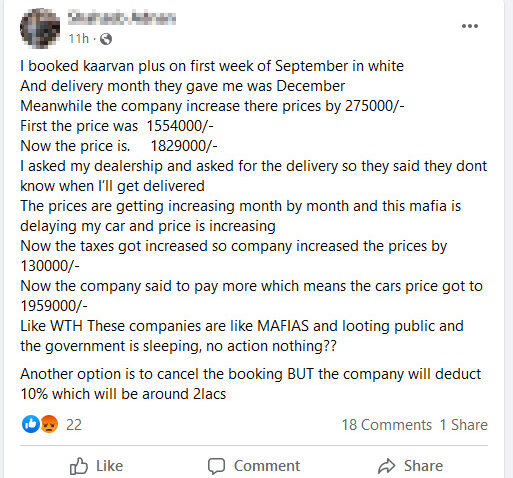
Why are the companies asking customers to forfeit a certain amount of their down-payment if they decide to cancel their order? Are all cars tailor made to every customer’s specific specification? Will they not be able to sell the car or will the company suffer a loss on the sale of such a vehicle?
Related: A Market Where Cars Are Expensive Than Residential Property
The answer to all these questions is a resounding NO! These are very generic vehicles. In Pakistan, no company offers any larger number of options or any options at all on the cars that they sell. For example, if you visit any of the Japan specific websites of any of the Japanese auto makers, they have multiple options for things like carpet color, seat color, door cards etc. for the interior. On the outside, they have options for body kits, rims, tire sizes and also paint styles, e.g., the most famous option is (any) body color with body color roof or black roof.
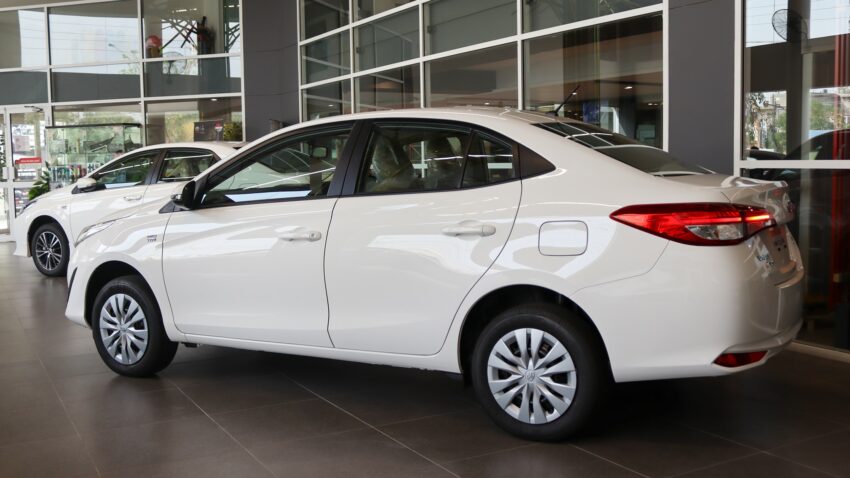
In Pakistan, things are much simpler from these Japanese auto assemblers and the rest. There are simple model selections i.e., Gli or Gli Altis or Altis or Altis Grande. Then there is the Civic or Civic Oriel or Civic Turbo. Sportage Alpha or Sportage FWD or Sportage AWD. And then we have the Elantra… Period. No multiple interior color options and/or carpet combinations or body kits or rim styles etc.
Related: Pakistan Auto Industry – What Is Going On…?
I think these examples give us a taste of what we have as options here in Pakistan. Pretty much nothing. All cars and SUVs are just generic models that customers buy as is. And since everybody is resale crazy because vehicles are going up in price almost every other day, buyers buy their vehicles in generic colors to ensure further success in resale; White or Black. The company cannot give the alibi “a car customized for a specific customer had all the options they chose. It will not sell easily”. There are no such customizations available here in the first place.
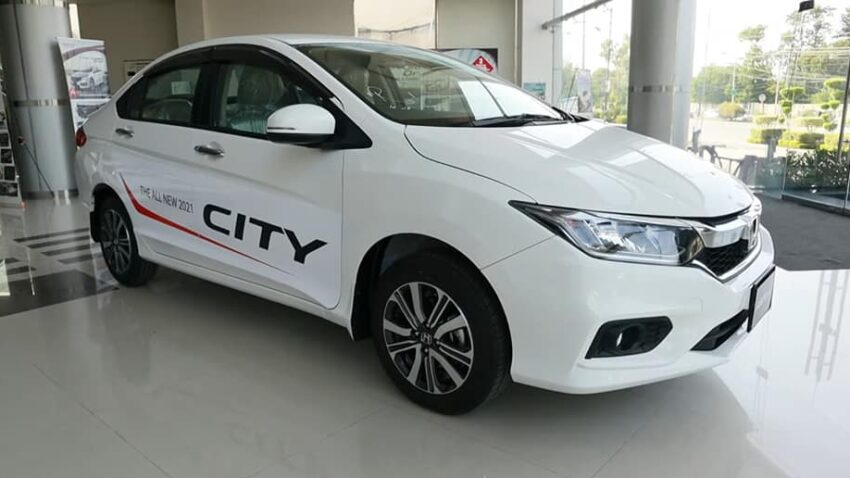
If one customer cancels their order, the company can easily find the next customer in line. If that statement is not true, one of the main (publicity) reasons for the months upon months of waiting time for any auto assembler present in Pakistan, also becomes untrue:
“(along with the inventory issues) One of the reasons for the long delays is because the company cannot fulfill the orders fast enough because of the demand”.
If that is true, then charging/deducting 10% from a customer just for canceling their order is not required. The vehicles by any company will sell out instantaneously due to the demand. Humbly, the 10% deduction for canceling an order is starting to smell too much like extortion at this point.
Trying The Sympathy Vote…
“Oh, how our poor well-intentioned auto assemblers are suffering and still serving us”. They have let us know this so many times. It’s not their fault. They have all these serious issues in the current market to deal with; especially for these companies who are all importers of CBUs or CKD parts.

A few observations. This practice of late deliveries, companies failing to meet demand and their “commitment to increasing local assembly capacity to meet local demand” has been going on since decades since the days when we only had the original old three local assemblers. Now however, coupled with the other problems of chip shortage or covid delays etc., the situation seems to have given all the local auto companies carte blanche (to do as they please).
Related: Huge Imbalance in CKD vs CBU Pricing
Why are these companies still taking orders like there is no tomorrow? If these companies can see the parts shortages and CKD kits shortages, why don’t they reduce the number of bookings? The companies who are still ordering CBU units can also see the problems in getting their inventory. Why are they still hell bent on getting the maximum number of bookings? Companies have made futile gestures in the past of stopping booking of vehicles for the good of the customers, but that has always ended in vain. Booking have always started back up in no time.
It Seems to be All About the Money…
What we have here in Pakistan is a simple case of supply and demand. There is a huge demand. So, shouldn’t the local companies ensure a huge supply to cater to that demand?
Related: The Costly Auto Industry of Pakistan- Destination Unknown (Part 1)
Ask any shop owner. They always stock up on the really fast-moving items. That way they can ensure that the items that are responsible for most of their sales are the ones they have ready whenever customers need them. Similar case is with the auto sector. These companies know the vehicles are in demand and are selling. (Scalper or customer, that is a separate debate.)
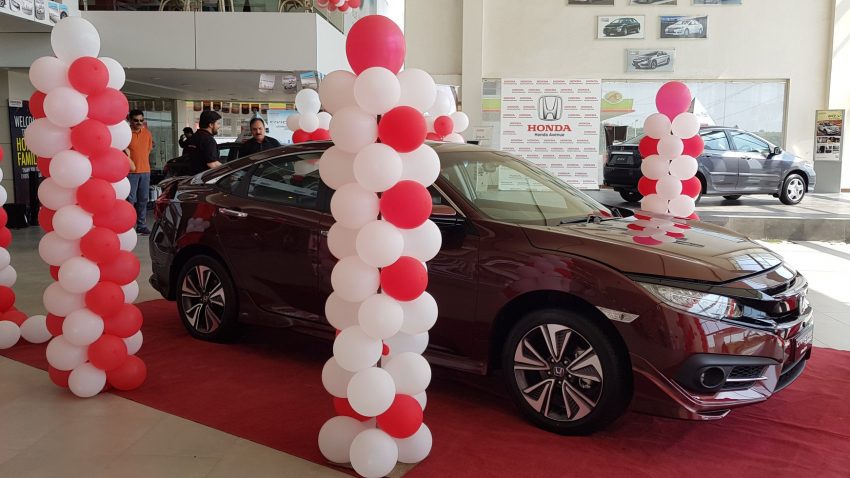
All the companies that we have operating in Pakistan are big multinational behemoths. These companies operate by having large teams of analysists analyzing market trends. They have the job of predicting market trends for years to come. All these companies, especially the old three local assemblers, have had years to analyses the market trends. They know the demand.
Related: The Costly Auto Industry of Pakistan- Destination Unknown (Part 2)
In my humble opinion only one thing makes sense. Companies order bulk parts months in advance. For such a business, they have to make sure that they order in advance. The parts vendors or auto manufacturers they order from operate through order sequence. They receive orders for parts and CKD kits or CBU units from multiple companies in multiple countries around the world. Orders are placed in a cue and filled accordingly. Always ordering parts is not good business practice. Its costly and its like ensuring and forcefully introducing delays into your business model. In my humble opinion, this “topi drama” of increasing the prices or delaying the deliveries seems to ensure they earn massive profits on parts they already got into the country at much cheaper rates. Buy low, sell high. If they can get away with it legally, why not? Unfortunately, there seems to be no check from the government. Or more to the point, the government’s opinion seems to be swayed by extremely biased advice from these same experts who are culpable in bring about this unfortunate situation in our local auto market.
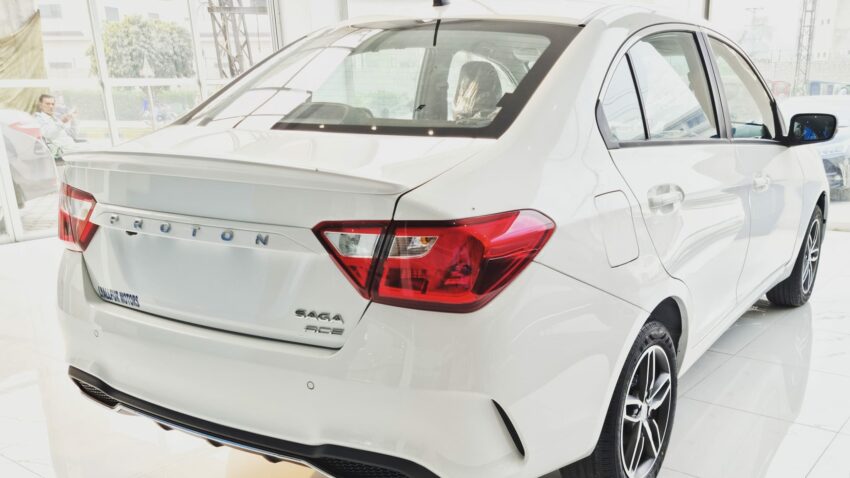
On the other hand, it might be a case of any company (especially in the case of the new ones) using the revenue it collects from the advance (booking) payments and putting it in a bank and using the interest to keep itself running. Even so, there reaches a limit when such a practice goes from being just business and migrates into the realm of needless pain and suffer for the expecting customer. The goal is not to get as much money from a customer and then just sit on it; promising a delivery date in the future that may take over a year to come to any fruition. The goal is to make sure that your product reaches the customer base as soon as possible so your product gains recognition in the market. By taking orders knowing that they cannot deliver and then keeping the customers waiting for months or over a year, they are only hurting their own image and setting themselves up for a fall.
Consumer Rights???
Consumer rights… as long as you know the right people. I have seen many local car owner reviews on YouTube where the owners themselves profess the fact that the only reason they got the car soon or without paying own was because they knew the dealership person or some similar story. On the one hand we have official word from the companies and their authorized dealerships that they are 100% against “own ke laanat” and do not partake in it. Yet they are instrumental in getting certain customers the vehicles within official delivery times and without own. Isn’t that strange? What does that tell us? Cars buying has now become a symbol for power and/or money. It’s either “I know a guy who got me the car on factory price within the delivery period” or “I gave so much own on it because I could”.
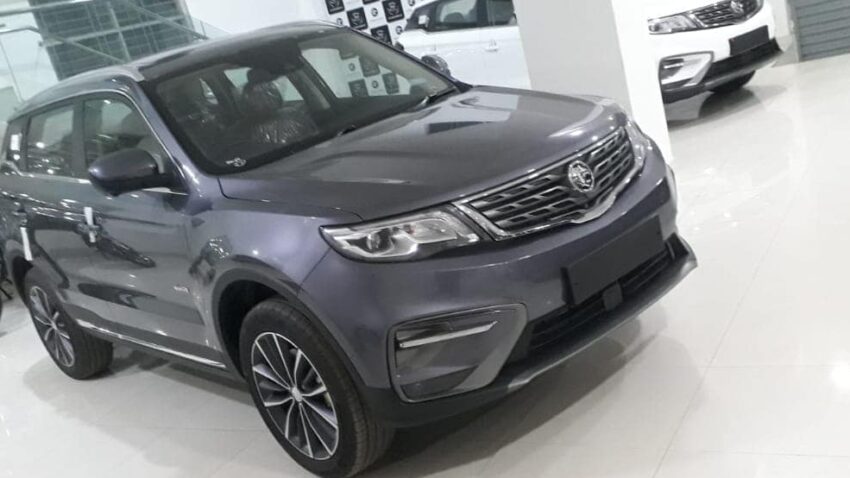
And, as we have discussed previously, the companies book cars that they essentially don’t have and/or can’t deliver on time. The customer has to go through all the waiting even if full payment is made. Even if the customer wants out and tries to cancel, the companies charge them for that as well. If the customer complains about the delivery times… Force Majeure.
Related: Soaring Car Sales- Real Buyers or Investors?
Yes, there are customer rights. The only thing is, the company rights matter more because they pull all the right strings. The companies make sure the customers know that the companies’ rights are the ones that take precedence, even where the government is concerned. The government listens to them and does what they ask. They are the advisers and experts. The companies’ rights matter; and to drive home this point with the customers, the companies seem to be giving the customers a couple of lefts to go along with the rights to put them in their place.
What are Our Options…
Quite frankly normal customers (without any contacts or pull) seem to be pretty much S.O.L when it comes to options. It’s either pay the advance and then sit and wait praying that you did the right thing or pray that the government does not raise taxes or the currency doesn’t devaluate, causing a price hike. Or you can pay the full amount and pray that you are one of the lucky ones who will get the car on time.

Judging from the way things are, the dollar is on its way up. Way, way up! The poor souls who have cars on order are now stuck waiting months on end. On top of that, they also have to pay any and all price and tax hikes. They are now regretting not simply paying the own and getting their cars months back. They cannot even cancel because that would mean paying a hefty 10% order canceling fee (read: extortion).
Related: Economic Advisory Group Says Auto Policy is Damaging for Consumers
We are stuck with no help in sight. The scalpers have legitimized themselves by calling themselves “investors”. They have garnered no response from the government other than policy changes that puts more pressure on the end user. Also, the government does not even touch the actual companies for all these orders taken at a time when they know they cannot possibly deliver on time.
Our Government with Eyes Wide Shut…
Here is an article that discusses how many cars Toyota Indus Motor Company (IMC) sold in Pakistan last year. IMC claims that it sold 61,922 units of its cars in total in 2021. That is a 79% growth when compared to 34,522 units in 2020. As 2020 was in lockdown, no surprises there. But still these companies will use anything to their PR advantage.
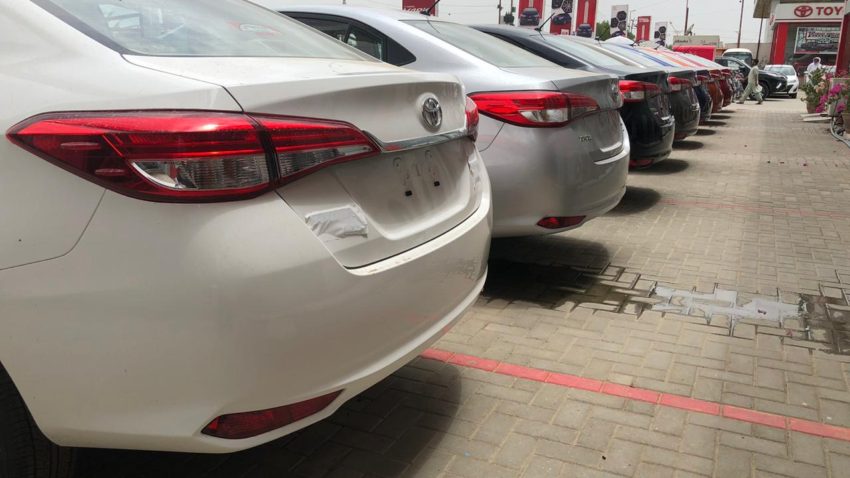
Then there are the claims made by IMC that they will be increasing capacity, again, to meet local demand. A strange and ongoing process that seems wasteful. If you know and claim to see the capacity and growth of the local market, why not increase capacity at once by a substantial amount that ensures local availability and gives you enough capacity to also think about expanding into export to other countries? Doing small incremental increases seem wasteful because multiple resources will have to be engaged each and every time to make small incremental additions. It’s a waste of capital. Why not engage them once and do a big addition? It will cost less and be more fruitful for the company and for the country.
Related: Can We Settle the Localization Debate With This?
But I digress. In the article linked above, IMC has stated that it will increase capacity by 20% by April 2022 to achieve a total assembly output capacity of 90,000 vehicles a year. We can easily deduce that the current assembly capacity of IMC stands at around 75,000 unit per year. The math is simple. A 20% increase in 75,000 lands you exactly at 90,000. This is further corroborated by the fact that in 2018, IMC announced that they were increasing capacity to achieve around 75,000 units a year due to good sales numbers.
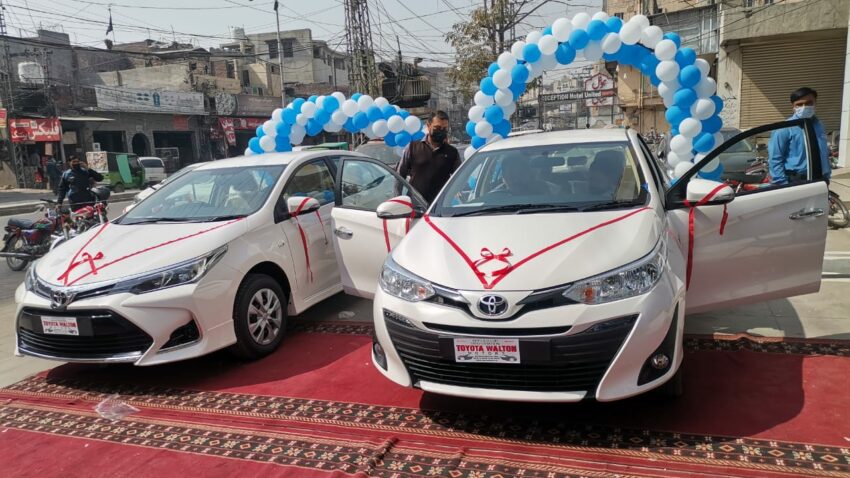
Here we make another humble observation. As per the proud claims of IMC, the maximum production ever achieved by them stand at around 65,000 units. This means that since a few years they have had the maximum assembly capacity of around 75,000 but have only ever achieved the highest assembly capacity of around 65,000. Yet their car delivery numbers are so low and wait times are so long. Why?
Related: Auto Sales Trend Renders Widening Economic Divide in Pakistan
If the capacity is there, why is it not being completely utilized? They have said it as much and we can see for ourselves that they have the capacity. They always seem to be going on about “increasing assembly capacity to meet local demand”. It seems like they have had the capacity to meet local demand for years. Yet they have not been doing so. Why? Even if they increase capacity, if they do not order the required number of CKD kits to meet demand, why the need for the increase?
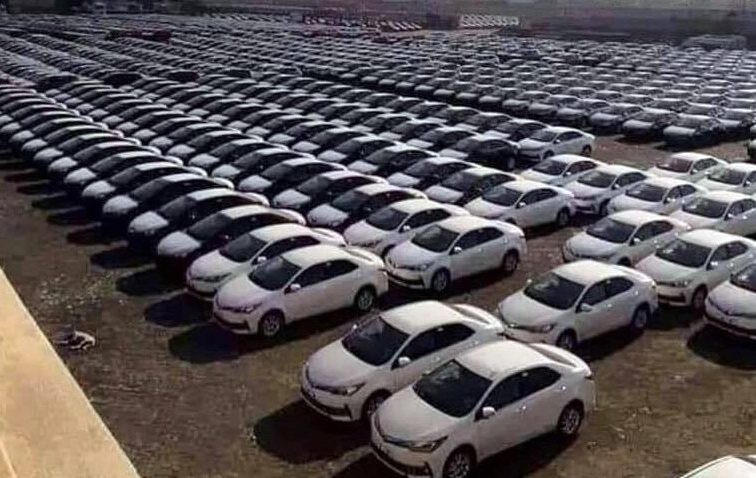
Hypothetically speaking, even if they have the capacity of assembling over 100,000 cars a year, but they import CKD kits to assemble only around 50,000 cars per year. What is the use of boasting about such a large assembly capacity if it is not being used? All about PR as usual.
Related: How Morocco Become a Leading Automobile Production Hub
The other two companies that make up the rest of the original three, Honda and Suzuki, also seem to be behaving in a similar fashion. If we take the example of the Civic and the City; both cars have been having such dismal sales that Honda has been combining their sales figures for a few years now. Yet their assembly numbers are so low that delivery time are again, needlessly, very long. Suzuki boasts the highest assembly capacity of all the three. However, yet again, similar story; not meeting local demand. Why?
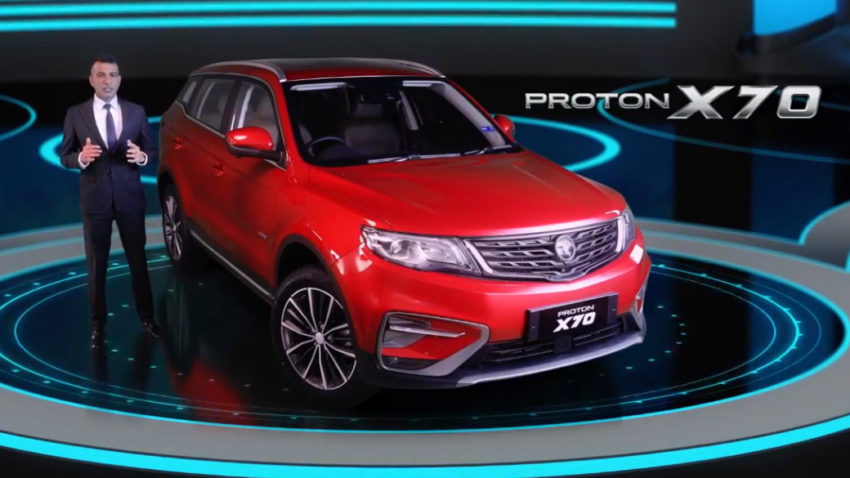
On the flip side of this is the now famous case of Al-Haj Proton. The company was not ready with their local assembly line. Yet it was taking orders in advance. That is a lot of risk taking. And a risk and a pain it was for all the customers who booked a car and had to wait for almost a year to get it. Many are still waiting.
Related: The Good & the Bad Launch
Like I mentioned earlier, the scalpers are having a field day with this. They are having the time of their life. No accountability, no effective legal actions against them and no rules or policies by either the government or the companies targeting their practices. Unfortunately, what policy the government does have, seems to be hurting the customers and is instrumental in raising the own amounts further on cars. This kind of help, the buying public can do without. Please rethink the approach. Go after the scalpers. Involve the companies and make them help in stopping such practices. This problem needs responsible actions by all.
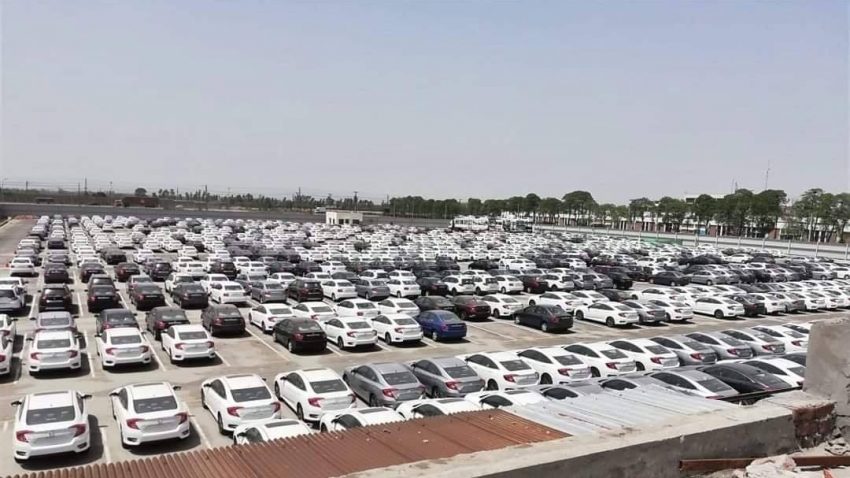
The whole system seems to be geared for exploitation. Those companies who clearly have the capacity to meet local demand are not doing so. Those companies who clearly are not ready, are taking booking orders and down payments for vehicles that they do not have and will not be able to deliver. Yet none of these local assemblers are penalized or questioned over such business practices and are essentially untouchable because they are doing so through legal loopholes that help them escape responsibility.
The government knows what inventory all these companies have. The reason is simple. Each and every CKD kit or CBU unit that comes here is registered and taxed. The government has a pretty good idea of what these companies have. They can even get a pretty good idea of what these companies pay for the parts and what they sell them for; to see how much we are over charged for under spec. cars with questionable and untested safety standards. But that is a discussion for another time.
Related: Indian Government Announces PLI Scheme for Auto Sector
For now, if anyone in the government is interested and is willing to take on all the bureaucracy and political power involved in the auto sector and is interested in doing what is right for the nation; stringent checks need to be put in place for these companies.
Those with the capacity to meet local demand must be strictly questioned and penalized when they are not producing up to capacity; leading to artificially created shortages in the market which drive up prices. Such practices must be cracked down upon.
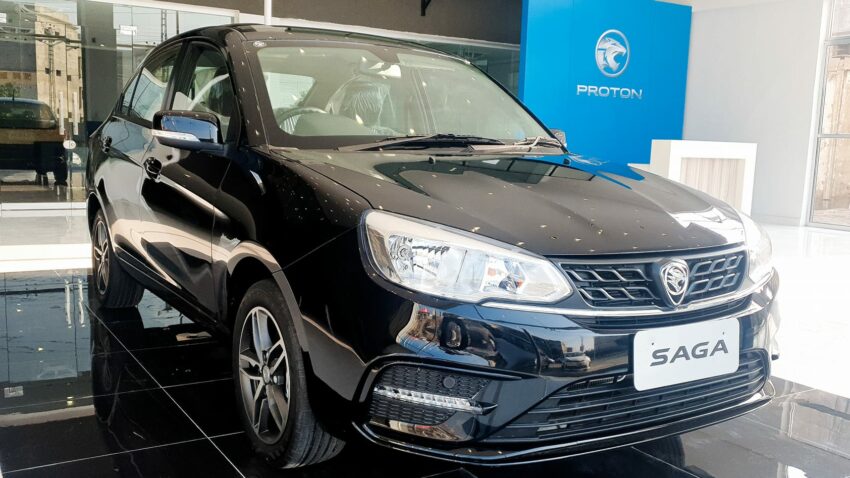
Those companies which are still not ready with their local assembly lines or are not meeting required capacities must also be questioned. Why are capacities lacking and orders still being taken for cars which they are clearly not ready to deliver?
Companies must be encouraged to increase assembly capacity as soon as possible to explore international export options. All companies must finally be pushed towards following a stringent deletion policy because so far, none of the companies are giving it much thought; especially the cartel of the original three, even after being in the market for over thirty years.
My Hopes…
I hope finally someone will listen and do something. What is needed is not much and such policy changes or check measures will actually help the sector grow. But, alas, what some shortsighted few won’t do to hold on to what they perceive to be their power and privilege. I hope that someone will finally listen and this will not be another case of “Bhains Ke Aage Been Bajana”.
And to those of us who are running after that new car to buy, let us change our approach. Let us only get the car when the company line changes from “Booking Open” to “Cars available in stock.”
Contributed by: Muhammad Ali Khan– A guy who is passionate about cars and concerned about the state of the auto sector in the country. 

CarSpiritPK welcomes Guest Posts. If you have the ability to generate quality content and can write some relevant and useful piece of information to be shared with our readers, feel free to contact us at: [email protected] Send you emails titled as (Guest Post submission)



